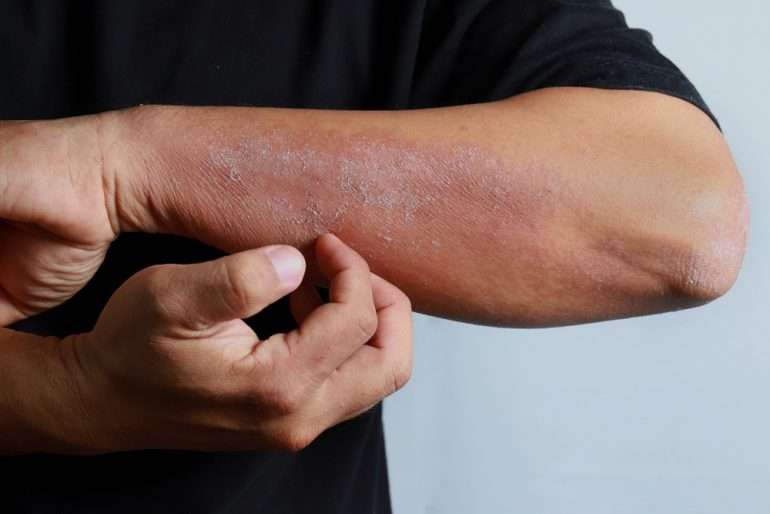Skin Infection
Skin Infection
The biggest organ in your body is your skin. Its job is to keep your body free of infection. In certain cases, the skin gets infected. Skin infections are caused by a diverse range of bacteria, with symptoms ranging from minor to severe. Mild infections may be treated with over-the-counter drugs and home remedies, but more serious infections may necessitate medical treatment.
What are the types of skin infections?
The following are four different types of skin infections:
- Bacterial skin infections
- Viral skin infections
- Fungal skin infections
- Parasitic skin infection

What are the symptoms of a skin infection?
A skin infection’s symptoms differ based on the kind. A rash and redness of the skin are common signs. Other symptoms such as itching, discomfort, and soreness may also occur.
If you have pus-filled blisters or a skin infection that does not resolve or worsens, see our skin infection specialist in Jaipur. Infections of the skin can travel into the bloodstream. It can be life-threatening if this happens.
How is a skin infection diagnosed?
The easiest method to figure out what’s causing a skin infection is to get a thorough medical examination. Doctors for skin infection can usually tell what sort of skin infection you have based on its look and location.
Our skin allergy doctor in Jaipur will inquire about your symptoms and inspect any lumps, rashes, or lesions more thoroughly. Ringworm, for example, frequently results in a circular, scaly rash. A sample of skin cells can also assist your doctor pinpoint the kind of illness in some circumstances.
How is a skin infection treated?
Treatment is determined on the infection’s source and severity. Some viral skin infections may clear up on their own within a few days or weeks.
Topical antibiotics applied directly to the skin or oral antibiotics are commonly used to treat bacterial infections. If the bacterium strain is resistant to treatment, the illness may require hospitalization and intravenous antibiotics.
Antifungal sprays and lotions are available over-the-counter to treat a fungal skin infection. Ask your doctor for skin infection about prescription oral or topical treatments if your situation does not improve. Additionally, you can treat parasite skin infections with medicinal lotions applied to your skin. Anti-inflammatory medicines, for example, may be prescribed by us to help you feel better.
Outlook for a skin infection at Dr Shivam’s Skin Centre.
The severity of skin infections can range from minor to severe. If you have a skin issue that is bothering you, make an appointment with our skin infection doctor in Jaipur. Our doctor will be able to provide you the therapy you need to get better.



